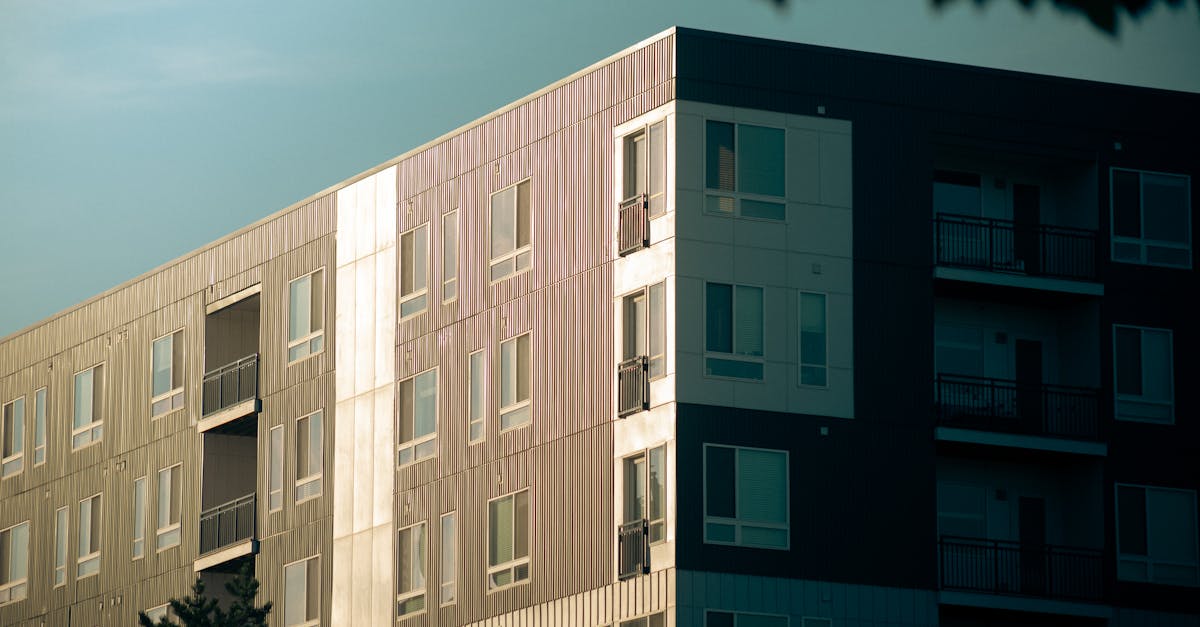What is the most common dumpster rental?

When to Opt for a 30Yard Dumpster
Choosing a 30-yard dumpster is ideal for large-scale projects. This size accommodates significant amounts of debris, making it suitable for renovations, major cleanouts, and construction jobs. Homeowners often turn to this option when tackling extensive landscaping or roof replacements, where a substantial volume of materials accumulates quickly.
Additionally, businesses undertaking renovations or office cleanouts may find the 30-yard dumpster to be the perfect fit for their waste disposal needs. Its capacity helps streamline the cleanup process, reducing the number of trips needed for disposal. This efficiency not only saves time but can also translate to cost savings for contractors and homeowners alike.
Suitable Projects and Benefits
A 30-yard dumpster is an excellent choice for large renovation projects, including home remodels and extensive landscaping jobs. Its spacious capacity allows for the disposal of a significant volume of debris, such as old furniture, construction materials, or yard waste. This size is particularly suitable for contractor work and commercial cleanouts where the amount of waste generated can be substantial.
Using a dumpster rental can streamline the cleanup process, making it efficient and organized. With the ability to keep a large amount of waste contained, project managers and homeowners alike can maintain a safe and clutter-free work environment. The convenience of a 30-yard dumpster also minimizes trips to a landfill or recycling center, saving time and reducing the overall hassle associated with waste disposal.
Cost Considerations for Rental Options
Understanding the costs associated with dumpster rentals is crucial for effective budgeting. Factors influencing rental prices include dumpster size, rental duration, and location. Price variations may arise depending on local regulations and disposal fees. Additionally, surge pricing might be applied during peak seasons, impacting overall costs.
Many rental companies offer flat rates that cover the delivery, pickup, and disposal fees. However, extra charges can apply for exceeding weight limits or keeping the dumpster longer than the agreed period. Always inquire about potential additional costs to avoid surprises. Assessing each company's pricing structure ensures that you choose an option that aligns with your project budget and needs.
Breakdown of Rental Fees
When renting a dumpster, understanding the fee structure is crucial for budgeting. Most rental companies typically charge a base fee, which covers the delivery and pick-up of the dumpster. Additional costs may arise from factors such as the weight of the debris, rental duration, and any added services like same-day delivery or extra weight allowances.
It is essential to clarify what is included in the base fee. Some companies may impose overage fees if the weight exceeds the specified limit or if the rental period surpasses the agreed duration. Reviewing the terms and conditions before committing can prevent unexpected expenses and help manage overall project costs more effectively.
Rental Duration
Rental durations for dumpsters typically vary depending on the company and the specific project requirements. Most providers offer standard rental periods that range from a few days to several weeks. This flexibility allows customers to choose a timeframe that best suits the scope of their projects, whether it's a residential cleanout, renovation, or construction work.
Longer rental periods may come with additional costs, but many companies provide options for extensions. If additional time is needed, contacting the rental service in advance can help avoid late fees. Understanding the standard rental intervals and potential costs associated with extending the duration is crucial for effective project planning.
Standard Rental Periods
Typically, dumpster rental companies offer standard rental periods ranging from a few days to a week. These time frames accommodate a variety of project sizes, from small home renovations to larger commercial jobs. Some providers may offer extended rentals for substantial undertakings. Such flexibility can be beneficial, particularly when project timelines change unexpectedly.
Most rentals include a base price that covers the first few days. If additional days are required, extended rental fees may apply. It's advisable for customers to assess the project timeline and timeline expectations carefully. Having a clear understanding of the rental duration can help avoid unexpected costs and ensure that the project proceeds smoothly.
FAQS
What size dumpster is most commonly rented?
The most commonly rented dumpster size is the 10 to 20-yard dumpster, which is versatile for a variety of small to medium-sized projects.
What types of projects are suitable for a 30-yard dumpster?
A 30-yard dumpster is ideal for larger projects such as major home renovations, construction cleanouts, and extensive landscaping jobs.
How are rental fees for dumpsters typically structured?
Rental fees for dumpsters usually include a base rate, which covers a specific rental period, and additional charges for extra weight, additional days, or special disposal requirements.
What is the standard rental period for a dumpster?
The standard rental period for a dumpster is typically 7 to 14 days, but this can vary based on the rental company and your specific needs.
Can I keep a dumpster longer than the standard rental period?
Yes, you can keep a dumpster longer than the standard rental period, but you may incur additional fees for each extra day it remains on site.